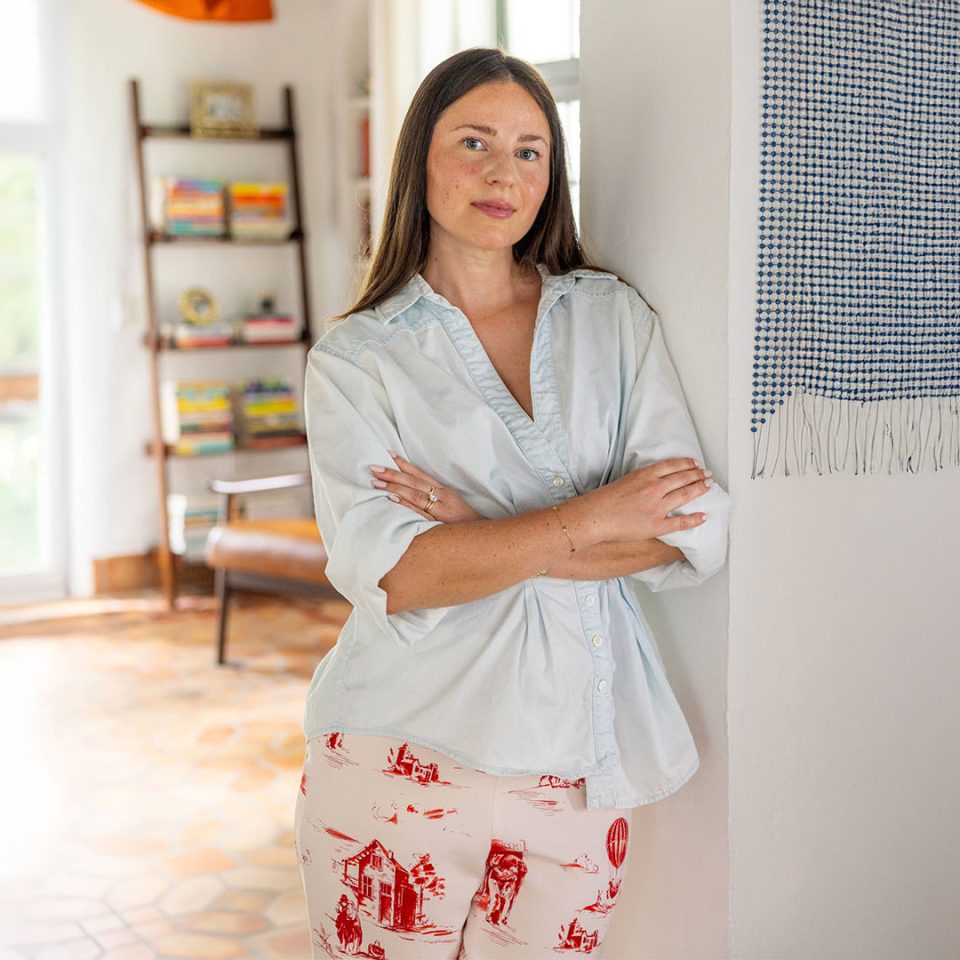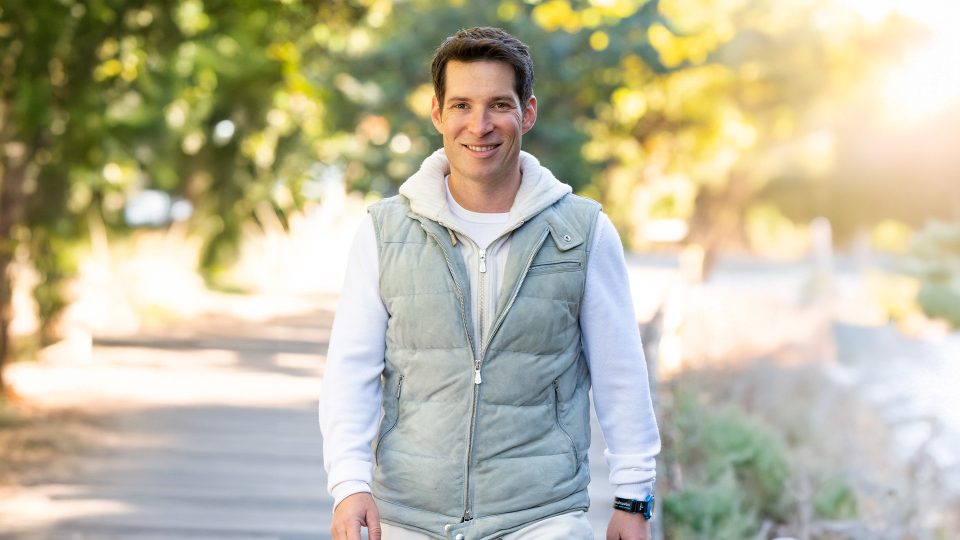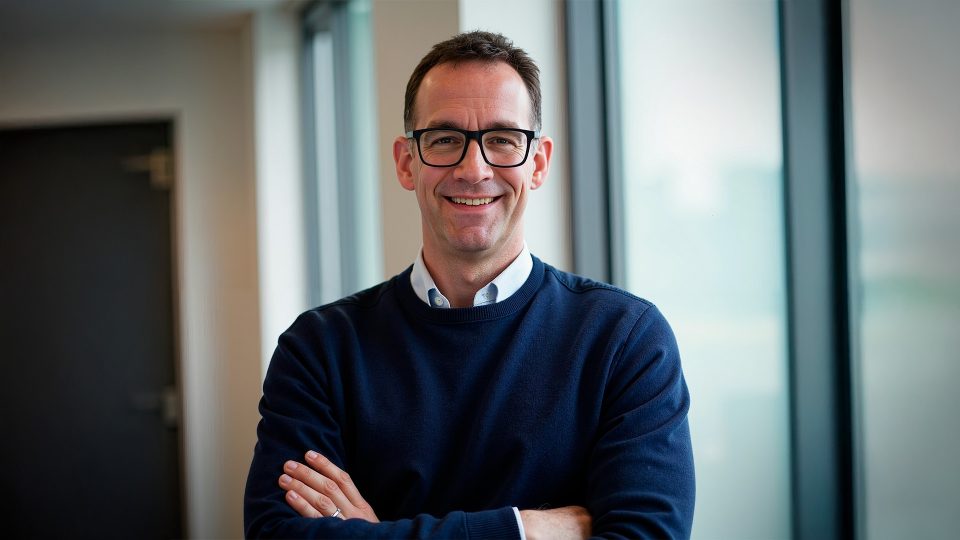Ovarian cancer patients oftentimes face a frustrating reality: vague answers, dismissive doctors, and treatment plans that don’t always work. The confusion gets worse when dealing with rare subtypes that don’t fit the standard playbook. Emily Campbell, executive director of Not These Ovaries, is working to change that. Her nonprofit focuses on transforming care for borderline and low-grade serous ovarian cancers, the types most often left behind by mainstream research.
Demand Clear, Actionable Information
Most doctors mean well, but they’re working with multiple patients with varying needs. Campbell sees what happens when patients get stuck in this system. The problem gets worse when your cancer doesn’t fit the mold. “Especially with less common types such as low-grade serous, the standard playbook just doesn’t apply.”
So, what’s a patient supposed to do? Campbell’s answer is blunt but necessary: “You deserve clarity about your diagnosis, your options, and your future. If your questions aren’t being addressed, find someone who will give you the information you need.” That might mean switching doctors, if that’s possible. Continue to ask until you have answers.
Push For Research That Reflects Your Reality
Here’s what most people don’t realize about cancer research. The money flows toward common types, which makes sense on paper. But it leaves a lot of patients stranded. “Most ovarian cancer research still focuses on the most common subtype, even though there are many different types,” Campbell explains. The result? “People with borderline or low-grade serous cancers are being left behind.” Not These Ovaries exists to close that gap. They fund research designed for these specific cancers. The goal is simple: stop treating these patients as statistical outliers. Give them research that actually matters for their diagnosis.
Turn Isolation Into Action
Cancer makes you feel alone, especially when your type is rare. She gets it. “This disease can make you feel isolated, but you are not alone,” she tells patients. But the organization isn’t just offering platitudes and support groups. “We’re building a movement powered by patient voices, real stories, and donor transparency,” Campbell says. The transparency matters because donors want results, not just good intentions. Patient voices matter because they shape better research questions and catch problems doctors miss. There’s a chain reaction that happens when patients connect. “When people feel seen, they speak up. When they speak up, they take action, and action saves lives.” It sounds simple because it is. But it requires creating space where patients can be honest without getting shut down.
Patients need three things: clear information, relevant research, and community support. The first one starts with doctors who will respond to questions honestly. If yours won’t, find one who will. It’s not easy, but neither is cancer. The research piece takes longer. Not These Ovaries funds studies specific to borderline and low-grade serous cancers. That means clinical trials designed for these types.
Campbell doesn’t mince words about urgency. “Ovarian cancer doesn’t wait, and neither will we,” she says. The organization is pushing for faster answers, better research, and actual systemic change. Not five years from now. Now. “If you’re tired of confusion, join us. If you want more than awareness, help us drive action,” Campbell tells potential supporters. The pitch is straightforward because the mission is straightforward. Stop leaving rare cancer patients behind. Fund the research they need. Build the community that supports them. “Everyone deserves a future, and we’re not waiting for permission to build it,” she says. For patients with borderline or low-grade serous ovarian cancer, that future depends on people willing to demand better. Not These Ovaries is doing exactly that.
Follow Not These Ovaries at their blog to stay updated on their mission to transform ovarian cancer care.







